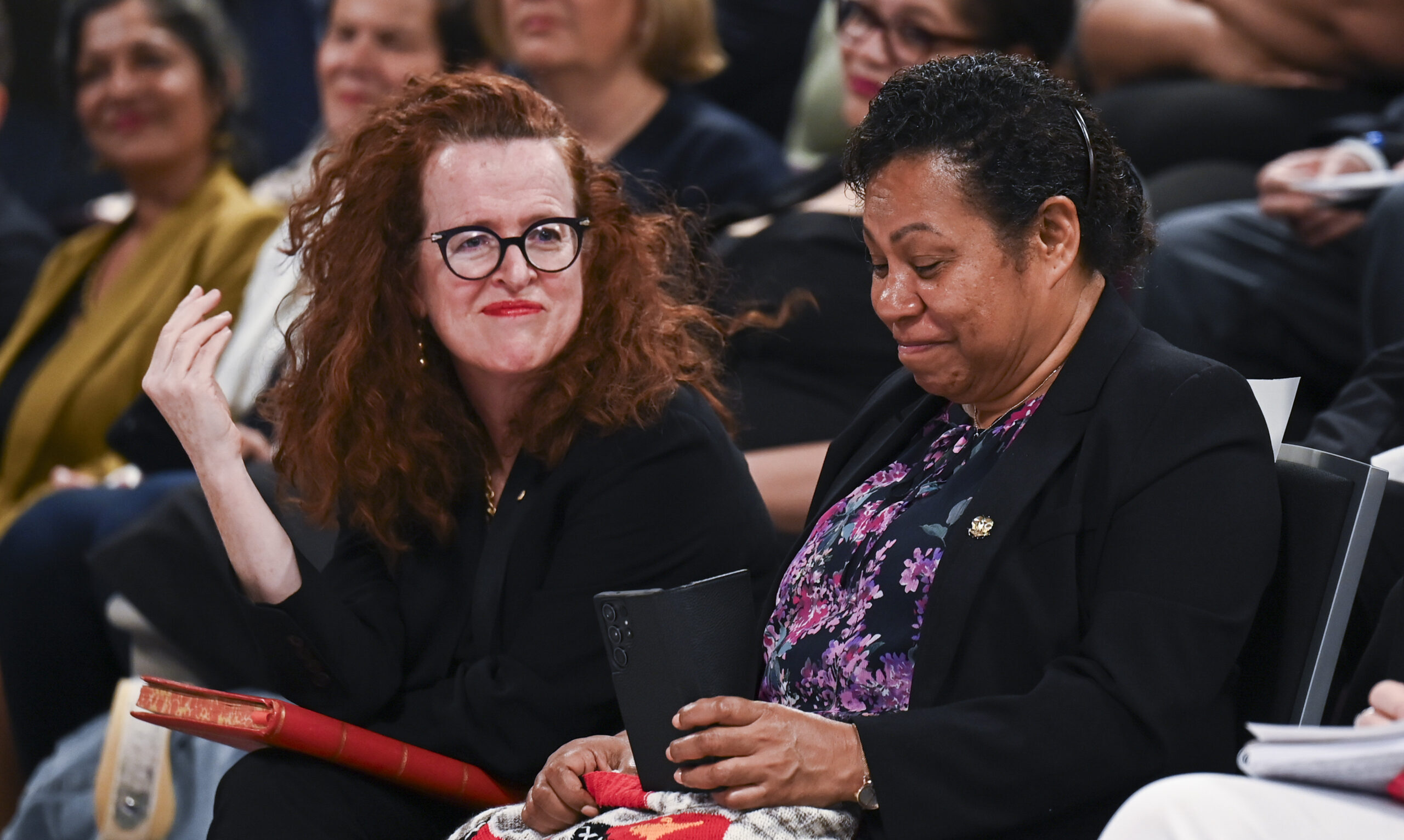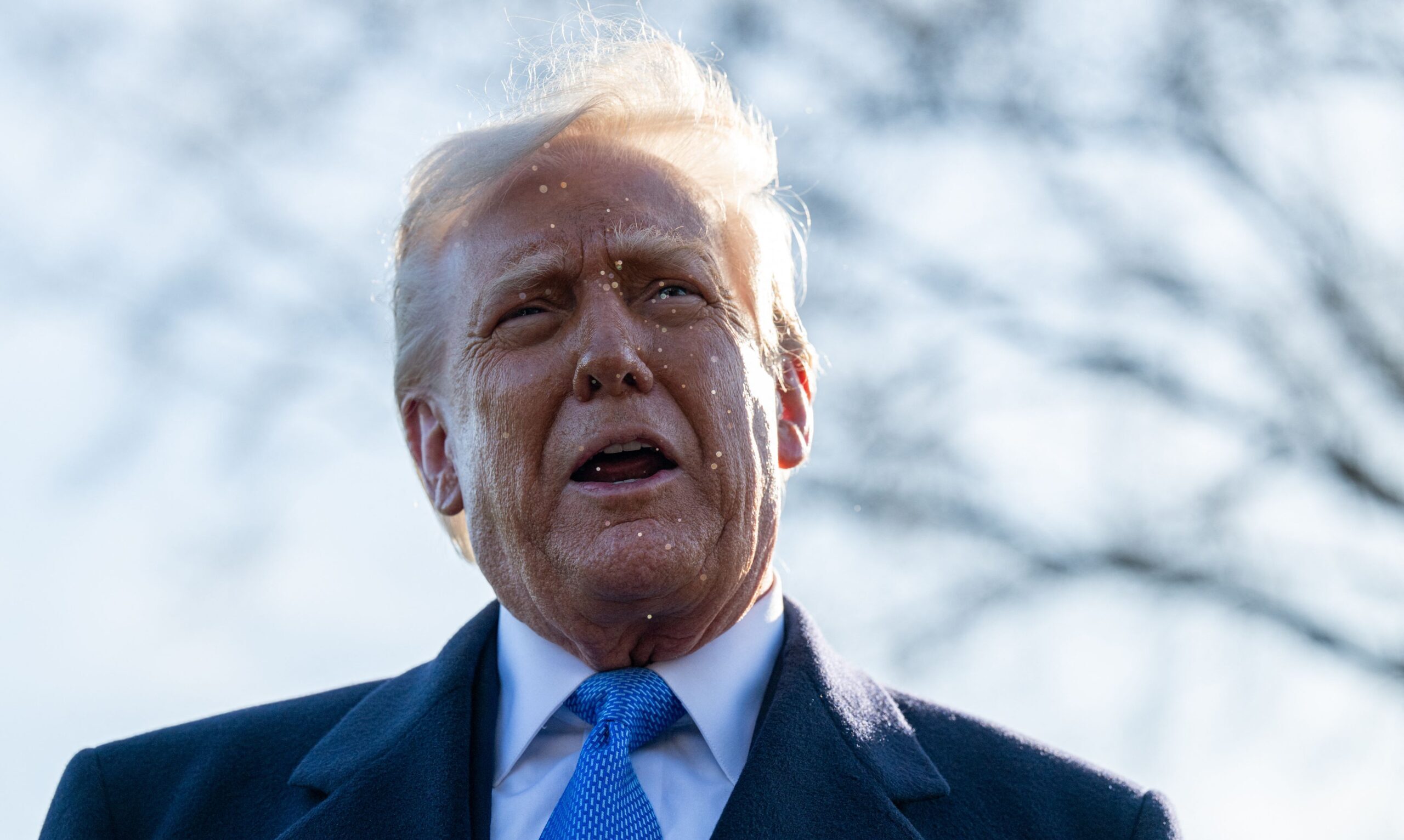NewsTop Stories
Broken ladders? Why Rhodes snubs rankings

Rhodes University in South Africa doesn’t throw its own hat in the rankings ring – but that doesn’t mean you can’t find it there.
Please login below to view content or subscribe now.





